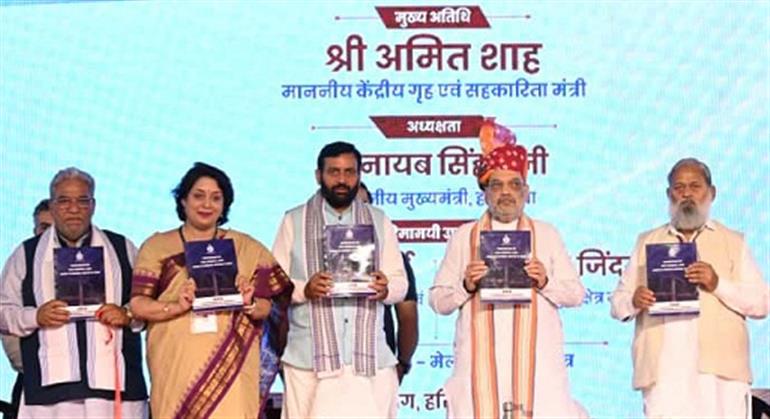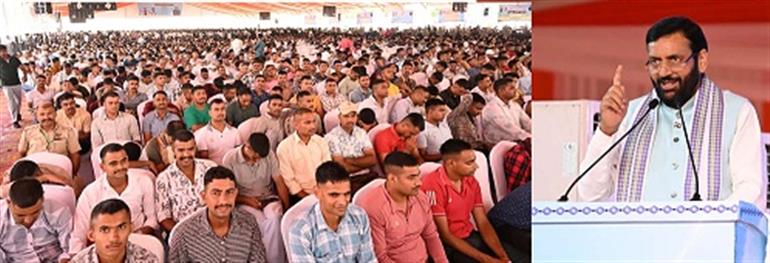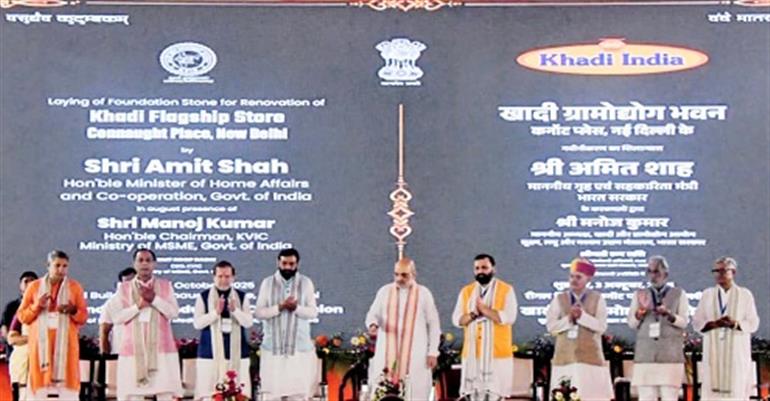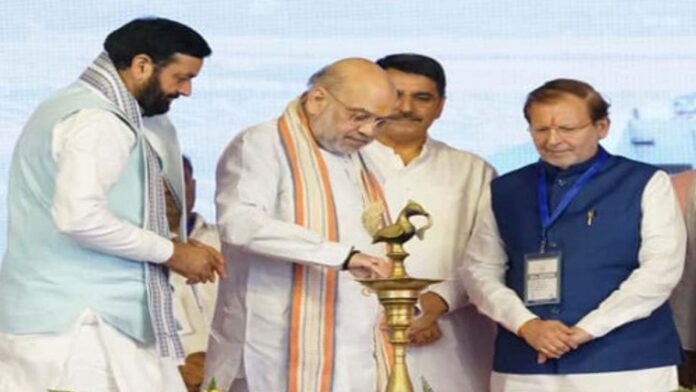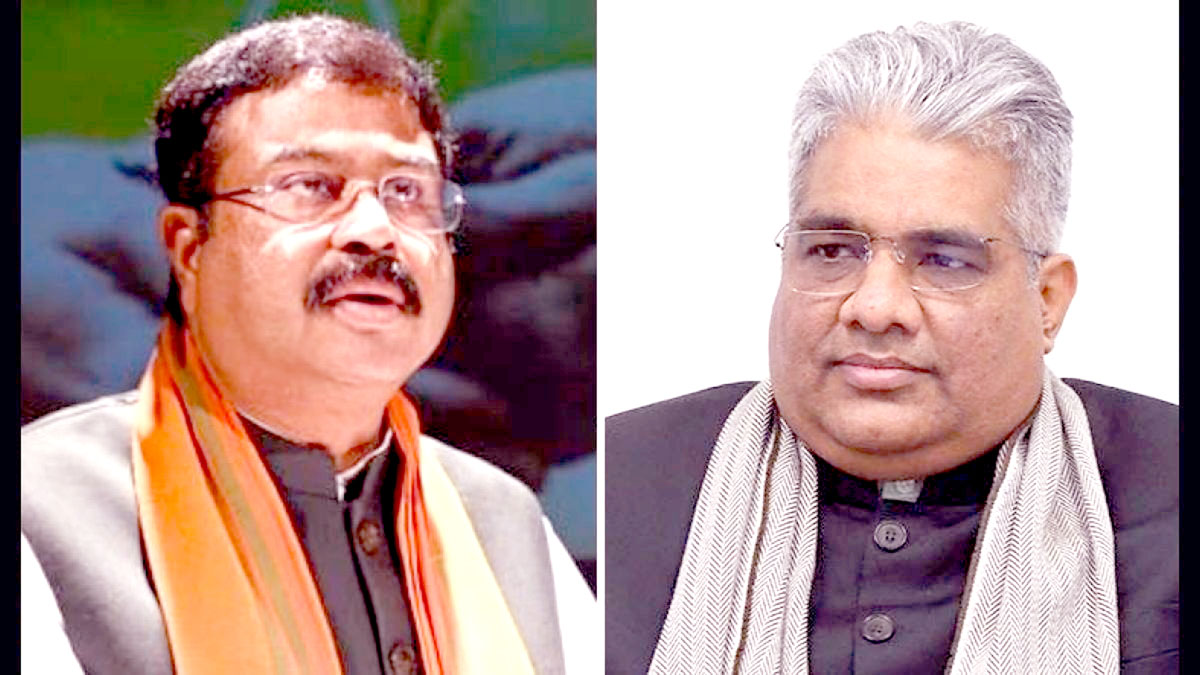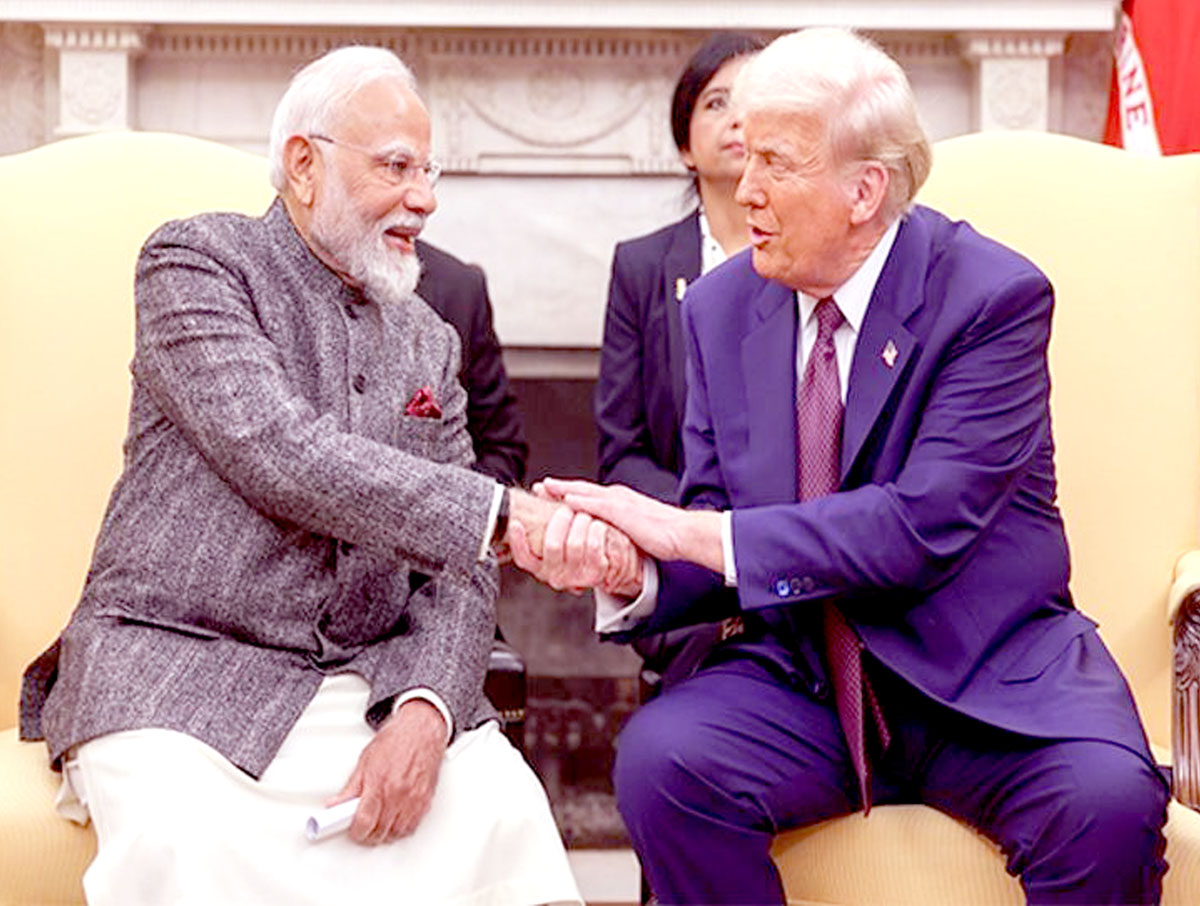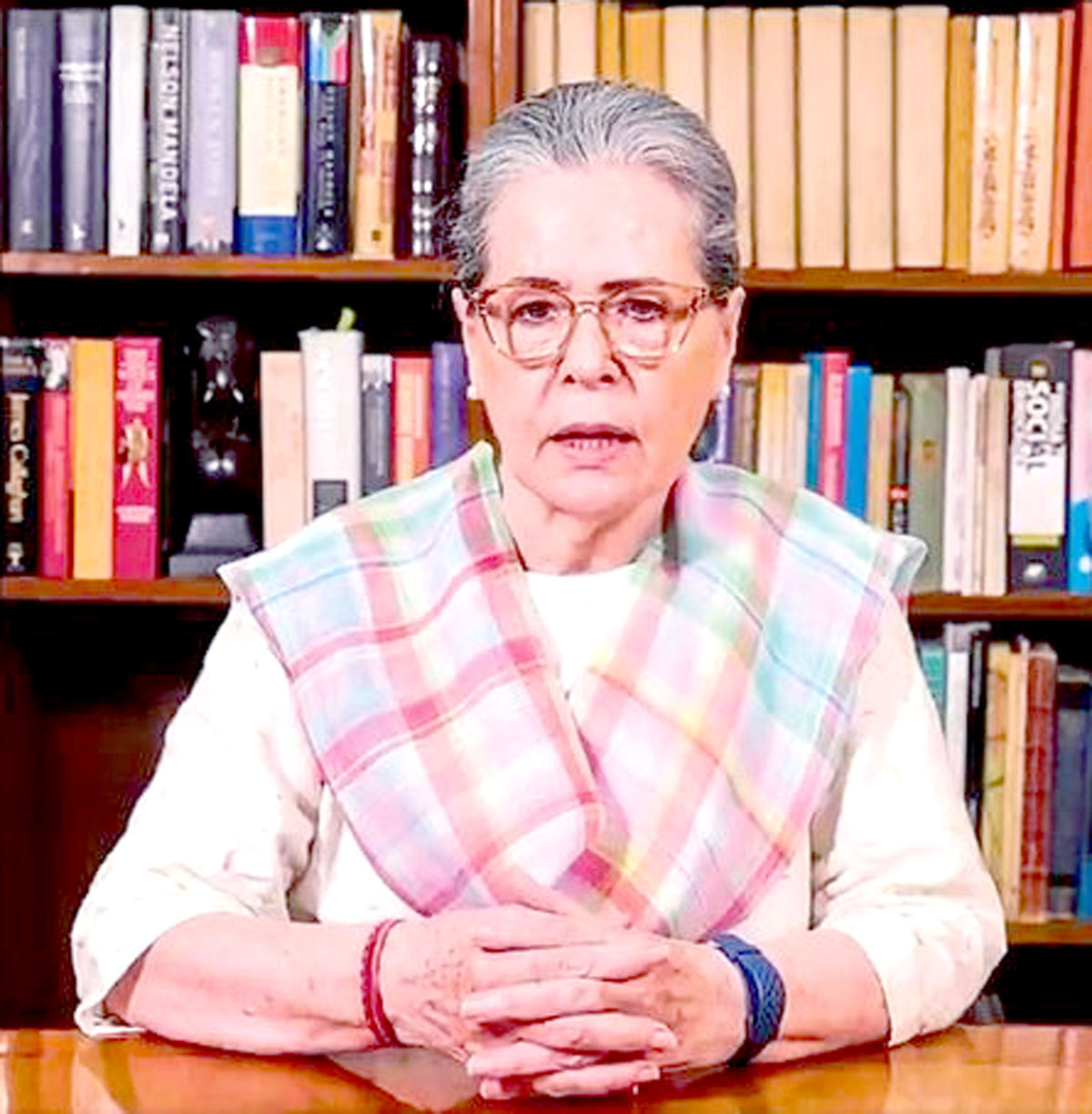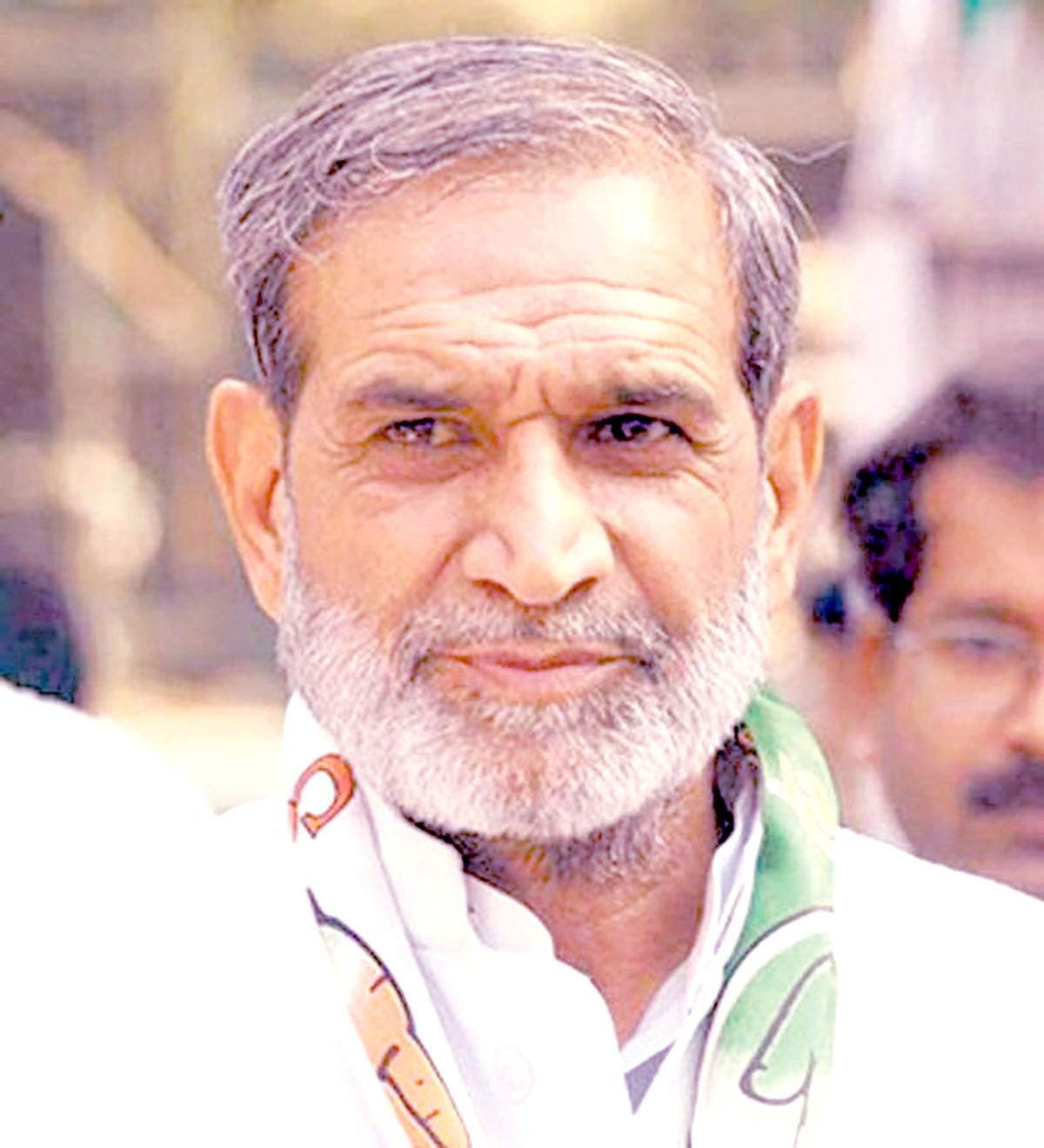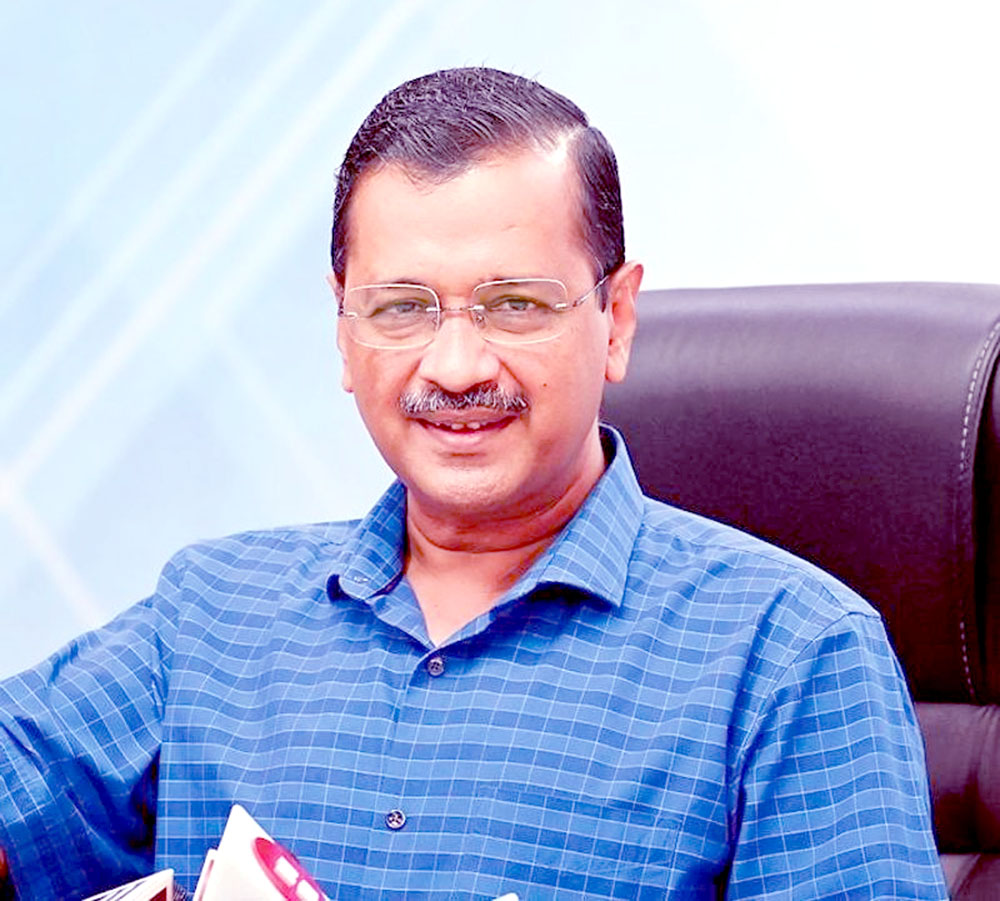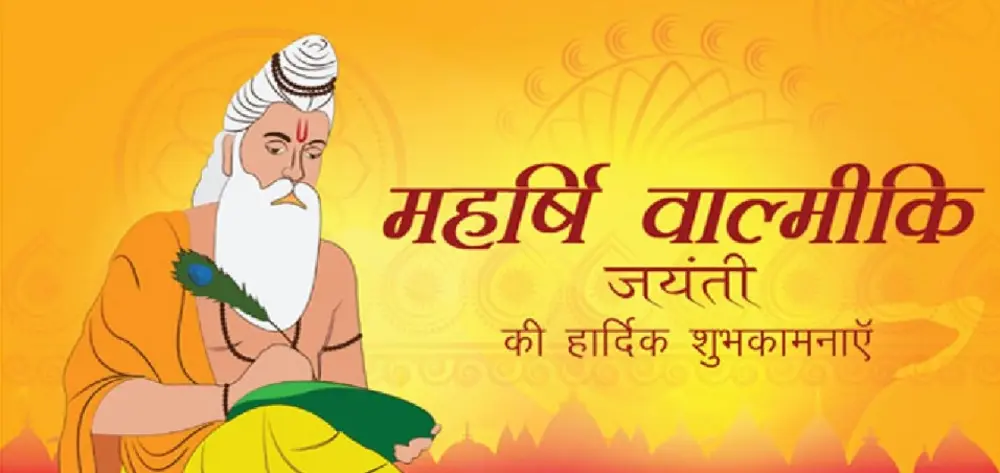
Strict vigil on religious conversion: Additional Chief Secretary Dr. Sumita Mishra directs Deputy Commissioners to ensure implementation of religious conversion rules.
Chandigarh, August 5 - Additional Chief Secretary of Haryana Home Department Dr. Sumita Mishra has directed all Deputy Commissioners, Superintendents of Police, Senior Superintendents of Police and Superintendents of Police to strictly follow the provisions of the Haryana Prevention of Religious Conversion Act and Rules, 2022.
Chandigarh, August 5 - Additional Chief Secretary of Haryana Home Department Dr. Sumita Mishra has directed all Deputy Commissioners, Superintendents of Police, Senior Superintendents of Police and Superintendents of Police to strictly follow the provisions of the Haryana Prevention of Religious Conversion Act and Rules, 2022.
Giving more information in this regard, an official spokesperson said that under the provisions of the Haryana Prevention of Religious Conversion Act and Rules, 2022, any person intending to convert will have to submit a declaration in Form A to the concerned Deputy Commissioner before the conversion. In cases where the youth to be converted is a minor, it is necessary for both the parents or living parents to submit a declaration in Form B.
Further, any religious priest or person organising a religious conversion ceremony shall give prior notice in Form C to the Deputy Commissioner of the district where the conversion is planned. On receipt of such notice or notice, the Deputy Commissioner shall acknowledge the same by issuing a receipt, thereby ensuring formal documentation and transparency of the conversion process.
Further, the Act provides that within thirty days of the display of the notice, any person may file a written objection before the Deputy Commissioner. On receipt of such objection, the Deputy Commissioner shall have the power to conduct such full verification and inquiry as may be prescribed.
If, after investigation, the Deputy Commissioner finds that the proposed conversion is in violation of the Act, such as use of force, fraud, coercion or other prohibited means, the District Deputy Commissioner shall have the power to refuse to grant permission for the conversion by issuing a detailed and reasoned order.
He clearly stated that the government's aim is not to interfere with personal religious freedom, but to protect citizens from fraud, coercion or unlawful coercion. He further said that the Act prohibits any person from converting or attempting to convert another person from one religion to another by false representation, use of force, threat, undue influence, coercion or digital means. It also prohibits conversion by or for the purpose of marriage.
The spokesperson said that illegal conversion can be punishable with imprisonment of one to five years and a fine of not less than Rs. 1 lakh. If a person hides his religion for the purpose of marriage, he can be punished with imprisonment of three to ten years and a fine of not less than Rs. 3 lakh.
Conversion of a minor, woman, Scheduled Caste or Scheduled Tribe person can be punished with imprisonment for a term of four to ten years and a fine of not less than Rs. 3 lakh. Mass conversion, which is defined as conversion of more than two people at the same time, can be punished with imprisonment for a term of five to ten years and a fine of not less than Rs. 4 lakh.
The Act also provides that any marriage entered into in violation of the provision of concealing one's religion for the purpose of marriage will be considered invalid. However, the spokesperson further said that any child born of such a marriage will be considered valid and his/her inheritance of property will be as per the laws of succession of his/her parents.

